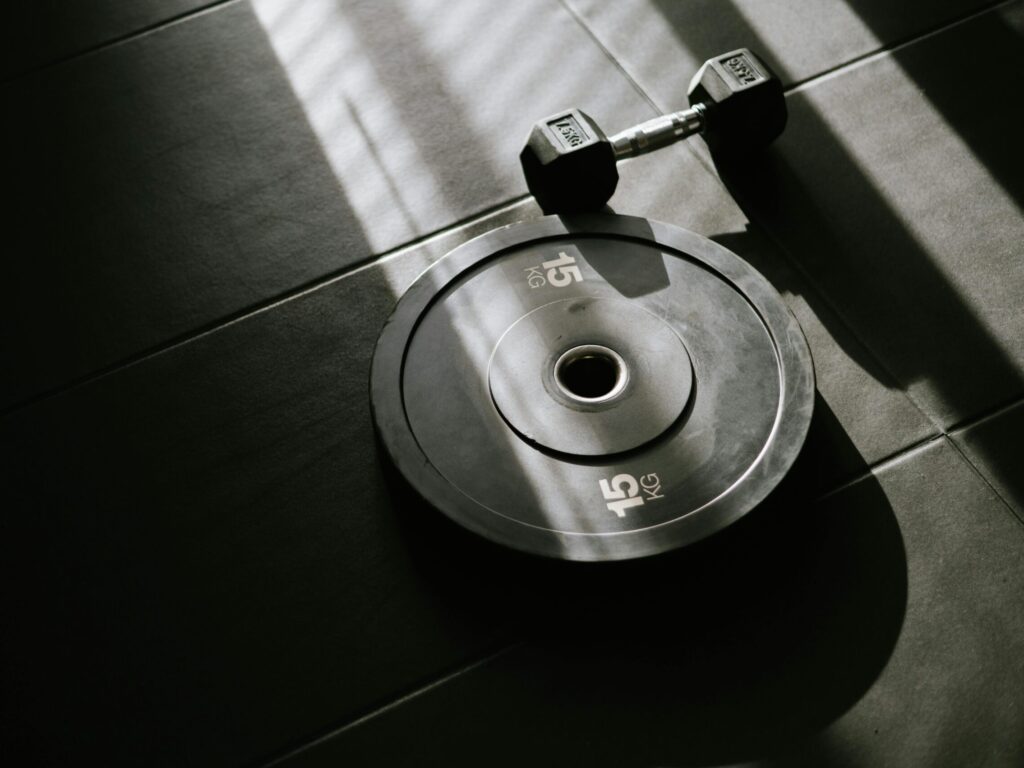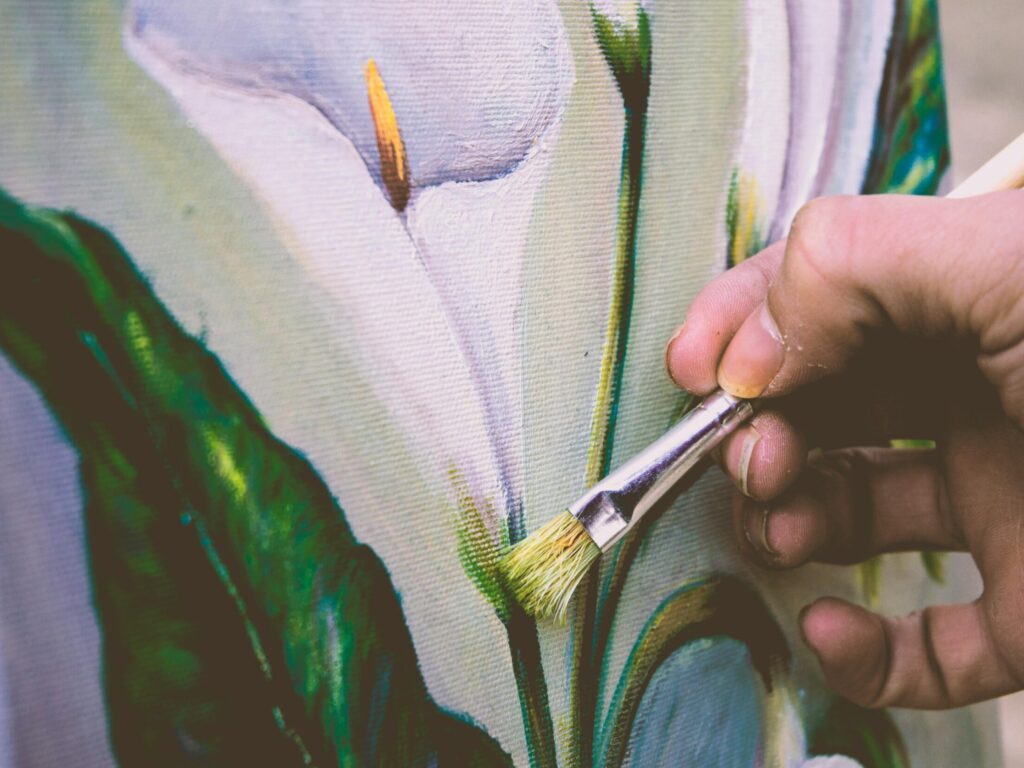What Does It Mean to Truly “Be” in the Now?
For Heidegger, we are never just passive observers of the world — we are active participants. He called this state of being Dasein, meaning “being there” or “existence”.
Dasein is not simply about “existing” in a biological sense—it’s about how we engage with life. Yet, most of us spend so much time lost in thoughts of what was or what might be that we fail to experience what is happening right now.
But fully engaging with the present does not mean stopping everything to listen to your breath or sitting still in meditation. It means bringing your attention entirely to the task at hand — whatever that may be.
Right now, as I write this, I am fully present in the act of writing.
I feel the sensation of my fingers on the keyboard.
I hear the rhythmic clicking of the keys.
I notice how my thoughts are translating into words, one after another, flowing onto the screen.
For these moments, there is nothing else — just this act, just this process, just now.
And in this presence, something powerful happens. The noise of comparison fades. The stress of “what ifs” dissolves. I am simply here, doing what I am doing, fully immersed in my own existence.
This is what it means to “be in the now” — not an abstract concept, but a way of engaging deeply with life. Whether you are writing, cooking, walking, or talking with a loved one, being fully present grounds you in reality and frees you from external distractions.
And when you do this, something else happens too: you stop thinking about others, you detach your worth from external sources, and you step into your own strength.
Self-Empowerment Through Action: Stop Waiting, Start Living
One of the most powerful lessons from Being and Time is that we should not wait for the “perfect” moment to act — because that moment will never come.
When facing illness, it’s easy to feel like life is on hold, as though we are waiting for a sign, a turning point, or a day when things feel easier. But Heidegger’s philosophy teaches us that life is happening now, not later.
He argues that embracing our mortality pushed us toward authentic action. Another philosopher, Sartre takes this further: He says that we are condemned to be free — whether we like it or not, we must make choices. People often procrastinate because they fear responsibility for their own freedom —what Sartre calls bad faith (mauvaise foi). When we tell ourselves we have no control, that external circumstances (illness, uncertainty, fear) define us. But radical freedom means that even in the most difficult conditions, we still have the force to choose our response.
💡 Consider this:
- There will never be a “perfect” time to start that project, say those words, or take that leap
- Growth happens through action, not through endless preparation
- Even small steps taken today build momentum and increase confidence
When we embrace the present and take action instead of waiting, we feel a shift:
✅ We move from passivity to agency
✅ We stop deferring happiness to some imagined future
✅ We gain a sense of purpose and control over our own story
This is self-empowerment — not waiting for permission to live fully, but choosing to engage with life right now.
The Illusion of Certainty: Why Embracing the Present Frees Us
Many of us cling to the illusion that life can be controlled and predicted, but as Heidegger points out, this is an illusion.
If you are living with an illness, the future may feel particularly uncertain — but here’s a truth that applies to everyone:
No one knows what tomorrow holds.
The difference is that some people embrace this uncertainty and use it as a reason to fully engage with life, while others allow it to hold them back.
✔️ What if, instead of fearing the unknown, we accepted it?
✔️ What if, instead of trying to control the future, we focused on making today as meaningful as possible?
Heidegger’s lesson is clear:
Life is always uncertain. Instead of seeing this as a limitation, we can see it as an invitation — to act, to engage, to create, to live.
Breaking Free from Procrastination: The Power of Now
One of the most common barriers to self-empowerment is procrastination.
We tell ourselves:
❌ “I’ll do it when I feel better.”
❌ “I’ll start when I’m ready.”
❌ “Someday, when things are easier, I’ll take that step.”
But “someday” is not a guarantee. And Heidegger’s philosophy urges us to recognize this not as a depressing fact, but as a call to action.
✔️ What can you do today — not tomorrow, not next week — to move forward?
✔️What action, no matter how small, can bring you closer to the life you want?
Even if the action is as simple as calling a friend, writing a page, stepping outside, or expressing gratitude — each step taken in the present moment builds momentum.
And momentum leads to empowerment.
Living Authentically: Finding Meaning in Every Moment
Heidegger believed that most people live in what he called “the they” — a kind of mindless existence where we conform to societal expectations instead of living with intention.
• We follow routines without questioning them.
• We allow external circumstances to dictate our choices.
• We push our true desires aside because they don’t fit what we think we “should” be doing.
But what if we started living intentionally?
What if we asked ourselves, “What truly matters to me?” and started shaping our lives around that answer?
By choosing to act with intention and presence, we create a life that feels more authentic, more meaningful, and more empowering.
Your Life is Happening Now — Step Into It
In a world of uncertainty, the most powerful thing we can do is embrace the present moment.
Instead of waiting for certainty, we can create meaning in the now.
Instead of procrastinating, we can take steps—no matter how small—toward the life we want.
🌟 Instead of fearing the unknown, we can use it as fuel to cherish every moment.
• What is one thing you can do today to step into your life more fully?
• How can you empower yourself, not tomorrow, but right now?
Your life is happening in this moment. Own it. Live it. Step into your strength.




